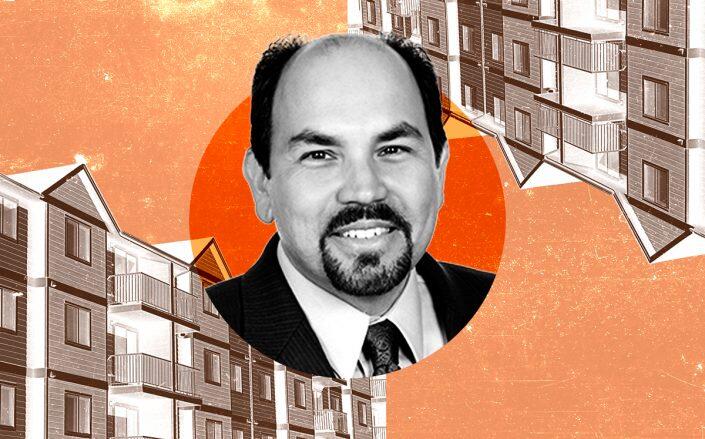
Dallas attorney Paul Braden (Norton Rose Fulbright, iStock)
At his very first meeting as a member of the state housing board, Paul Braden voted to approve renovations on a low-income apartment complex in a small town southeast of Houston. By the time the project was done, his law firm had earned $70,000 for doing legal work on the deal, the Dallas Morning News reported.
Over the next three years, the Dallas attorney voted to approve another dozen housing proposals that earned his company Norton Rose Fulbright a total of $2.7 million, according to the paper.
State law requires members to disclose any “personal or private interest” in matters before the board, and abstain from voting on them, said Andrew Cates, an Austin attorney who specializes in Texas ethics law.
“He has a business interest in the votes that he’s taking,” Cates said. “And that should have been disclosed.”
When contacted by the paper, Fulbright said Braden had received assurances from the Texas Department of Housing and Community Affairs that no conflict existed.
“We are confident that Paul Braden complied with all legal and ethical duties while serving on the TDHCA board,” the firm said in a statement to the paper.
Two days after issuing the statement, Braden stepped down from the state housing board “to avoid even an appearance of a conflict.” According to spokeswoman Renae Eze, Gov. Greg Abbott asked Braden to resign.
Read more


Of the projects Braden voted on, two of them drew significant opposition. In 2020, a developer applied to remodel the West Leo Daniel Tower, an eight-story building on the north side of Houston. Due to the neighborhood’s high crime rates, the housing agency’s staff recommended the board reject the project. Braden and the rest of the board voted unanimously to let the project proceed, and a year later, Fullbright earned $175,000 in fees.
Another controversial vote was a 2021 deal to renovate some Galveston apartments, known as Sandpiper Cove.
Federal inspections had given the apartments failing scores for mold, broken windows and non-functional air conditioners. On top of that, the neighborhood was built on a flood plain and had high crime and poverty rates. Despite residents and housing advocates arguing that the renovation plan wasn’t adequate, the vote was unanimous— in favor. When the deal closed, Braden’s firm had earned more than $230,000.
Braden’s role as legal counsel created a clear conflict of interest, Cates said of the Sandpiper Cove deal.
“The state has an interest in ensuring the decisions made by state agencies like TDHCA are made to benefit the public at large and not the individual board members,” he said. “That’s why we have these rules on the books.”
The governor’s office did not respond to questions from DMN about how it verifies information in applications.
[DMN] — Maddy Sperling
